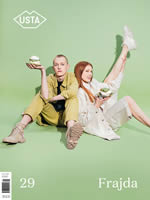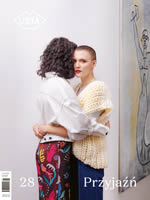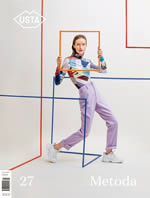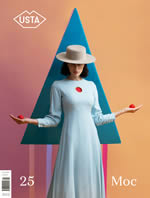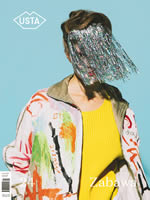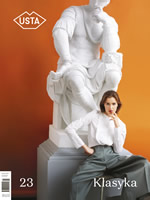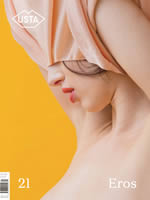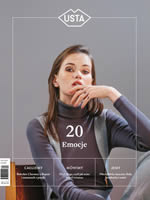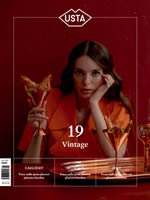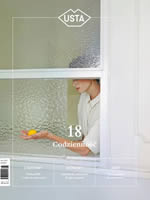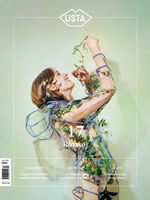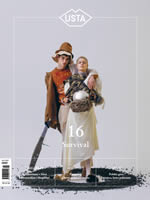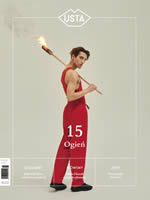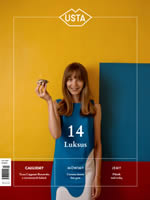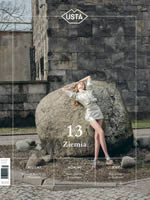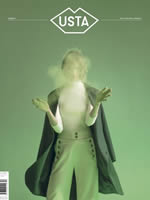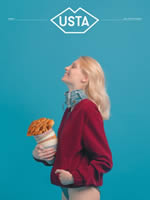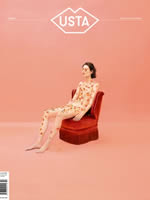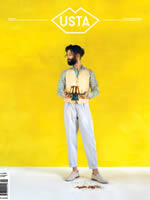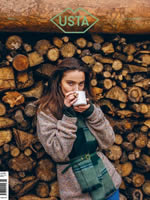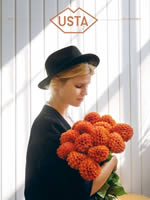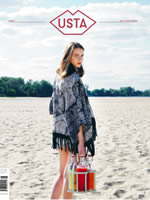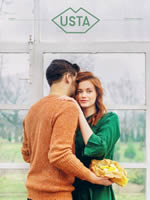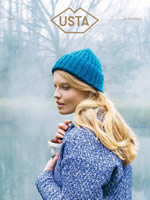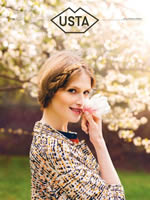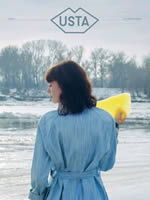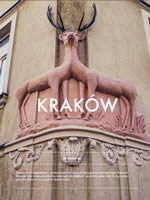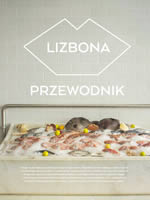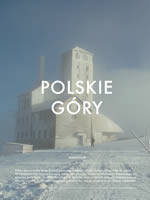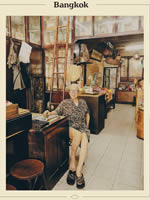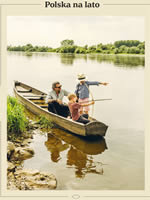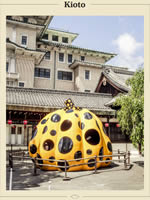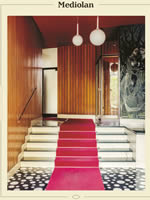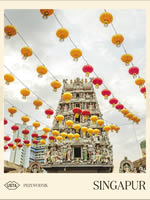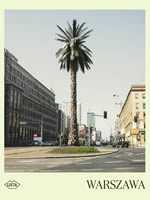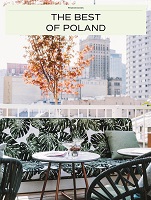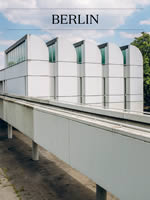Several enthusiasts from the Wroclaw University is our laboratory support since the second project of the Food Think Tank, “Between the meadow and the forest.” In the log book written by Michał Lewandowski (owner of Szajnochy 11) during the last project, we find the following note on the first common contacts: “Since neither I nor Tomasz don’t know the university etiquette, we immediately went to the topic of fragrance. Young scientists began to yawn. We finished, they woke up and began to talk about gunpowder, nitrogen and other substances that smoke. We have not even started to yawn, we are simply not interested.” Further information, written after opening the online forum, where the participants exchanged their ideas to the project: “The group falls silent. Scientists don’t share ideas for dishes, even by accident because someone could think that they could make them. Chefs no longer share ideas for laboratory equipment, because they previously seen them in books and in movies, but they can’t handle them. “. These two memories of past actions show unique form of cooperation, which was established between the chefs and the laboratory technicians. The system is not a copy of other’s activities, something that we knew from autopsy, it was developed in a common process of education. Now each party knows where its territory is and without unnecessary crossing borders, we are able to do together a really good job.
During the implementation of the “Earth and Water” students from the Student Research Club of Molecular Cuisine: Agata Iwańska, Joanna Biesiada, Magdalena Kurzawa, Natalia Pyka, Zuzanna Piekarska, Janek Andrzejewski, Patryk Kownacki, Bartosz Raszewski have set the bar even higher, because their academic supervisors Dr. Anna Żołnierczyk and Dr. Marcelina Mazur are staying on academic programs in Europe and consult problems from a distance. Areas of work, which the scientific team is focuses on, is to create scents sprayed during the dinner and essences to cook flavored waters, study on water dedicated for coffee, ad hoc help with current questions of the chefs, who work with each student, the acquisition of the final components of dishes from the menu, such as wild plants or frog spawn.
Competencies are clear – the researchers don’t interfere with chefs’ ideas, on the other hand they have huge influence on the work of the kitchen. Sharing their knowledge, they stimulate the development of work on the culinary ideas or they nip some ideas in the bud finding them ridiculous. In this way they have a profound impact on the final shape of the dishes. Kitchen staff has in their hands working knowledge of products and scientists know what is behind these processes. Behind the underground dinner is an access to scientific information and language, which the science uses. Thanks to the equipment and the organoleptic testing capabilities chefs can choose very consciously, accurate and repeatable parameters.
Young scientists fascinated by observation and process, grow with the project in our eyes. They specialize in certain sections, gain experience and open themselves for new possibilities. At the university they are called: “those who eat everything.” During the final “Earth and Water” dinner thanks to their work scents of mycelium, soil and forest will be sprayed, water with flavor of earth, pond and potatoes will run down the walls, Filip Kucharczyk’s coffee will be brewed with distilled water with appropriate additions of minerals, Michał Czekajło’s fish will be lyophilized and Adrian Klonowski’s crispy waffle will gain thanks to them the taste of the earth in Milejowice.
Text: Agnieszka Szydziak, photos: Jędrek Stelmaszek / GrappaStudio
Share this entry on Facebook or copy link




